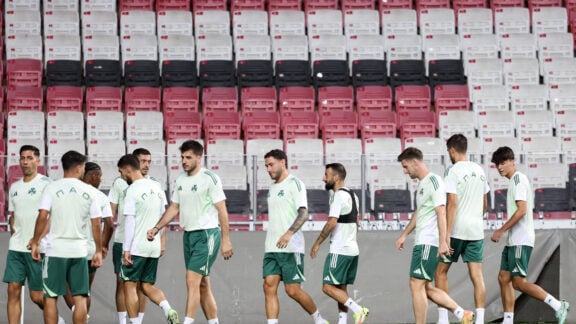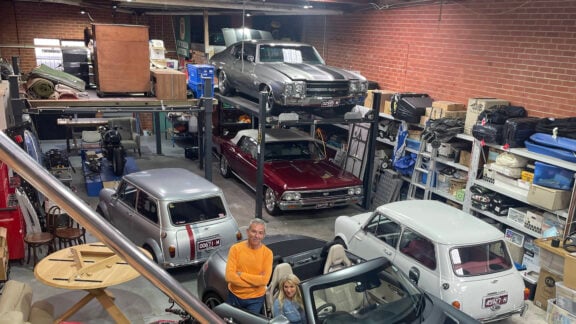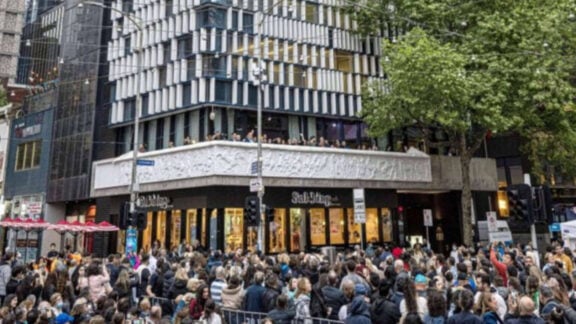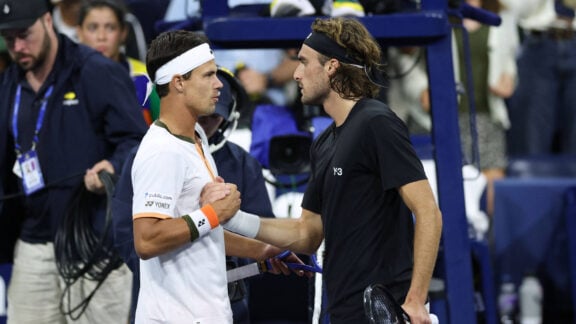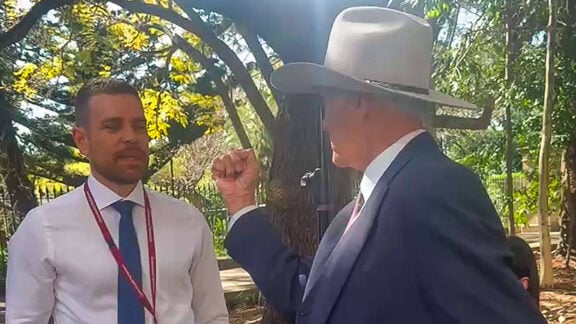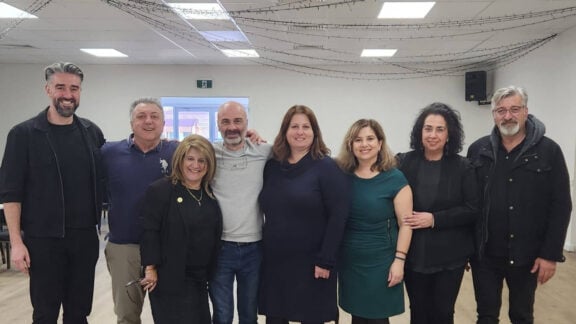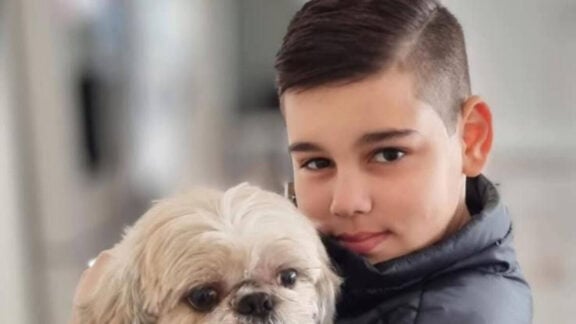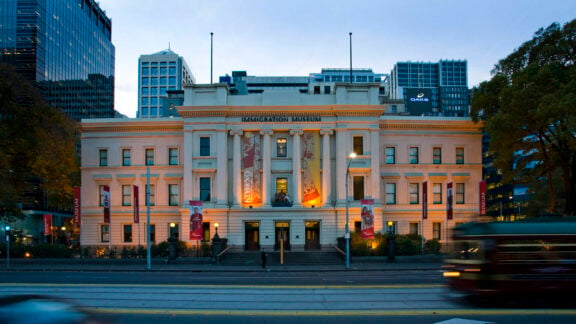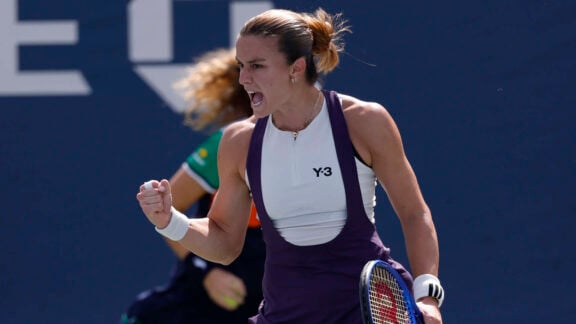Turkish President Recep Tayyip Erdogan escalated tensions over Cyprus during a visit to the Turkish-occupied north on Saturday, May 3, declaring: “We, the Turkish nation and the Turkish Cypriots, are the rightful owners of this land. Those who don’t know it must learn it. Those who haven’t heard it must hear it.”
Speaking at a TEKNOFEST awards ceremony in occupied Cyprus, Erdogan’s remarks were steeped in nationalist rhetoric and framed Turkey’s military and technological power as a cornerstone of its continued presence on the island.
“This is not just a celebration,” he said, “but a decisive step toward a shared future — one nation, two states, with a single heart.”
The Turkish leader highlighted Turkey’s military advancements, naming drones and weapons systems like the Bayraktar Kızılelma, Anka-3, the new KAAN fighter jet, Hürjet, Hürkuş aircraft, the Atak-2 helicopter, and the amphibious ship TCG Anadolu.
“We are now among the top three countries in the world for unmanned combat aircraft. With your trust, we will build a stronger Turkey and a more prosperous ‘Turkish Republic of Northern Cyprus’,” Erdogan asserted.
Vowing continued Turkish support “even at the cost of life,” Erdogan referred to the occupied territories as the “legacy of our martyrs,” and announced future infrastructure projects including electricity connections following the undersea water pipeline to the north.
“We will bring electricity too. Those used to darkness will fear the light,” he said, taking aim at critics of Turkey’s occupation.
Erdogan, accompanied by self-proclaimed Turkish-Cypriot leader Ersin Tatar, also inaugurated the newly constructed “Presidential Palace” and “Parliament” in occupied Nicosia—projects funded and built by Turkey. He described the complex, which also includes a mosque and green spaces, as “a symbol of the Turkish Cypriot people’s resolve” and a reflection of “shared destiny.”
Doubling down on Ankara’s long-standing push for a two-state solution, Erdogan stated that if new negotiations on Cyprus resume, they “will not be between two communities, but between two sovereign states.”
He also indirectly criticised opposition voices—both in Turkey and within the Turkish-Cypriot community—who have protested the recent reintroduction of the Islamic headscarf in schools, calling for unity and respect for tradition.
In response, Cypriot President Nikos Christodoulides expressed little surprise at Erdogan’s rhetoric but emphasized growing opposition among Turkish Cypriots themselves. Speaking to media during a community event in Kyperounta, he noted: “What stands out most from Erdogan’s visit is the strong and growing discontent from Turkish-Cypriot compatriots. Recent protests over the headscarf issue are just one sign of broader dissatisfaction.”
Christodoulides pointed out the glaring contradiction between Erdogan’s claims of peace and multiculturalism and the reality of a 50-year occupation.
“These so-called ‘realities’ are the cold truth of an illegal occupation,” he said, drawing parallels to international condemnation of Russia’s invasion of Ukraine.
Despite Erdogan’s divisive remarks, Christodoulides remained cautiously optimistic about renewed momentum in peace talks, referencing the upcoming July conference and the recent appointment of UN envoy María Ángela Holguín.
“Our side is working towards developments that can restart negotiations. We’re not there yet, but we have a clear plan and we remain committed,” he said.
Asked about Erdogan’s timing—just days before his own scheduled meeting with Tatar—Christodoulides said he expected nothing different.
“It’s well known what Erdogan and Tatar will say publicly. But we have made promises to the UN, and we are committed to fulfilling them.”
He also stressed Cyprus’ growing international standing, citing strong diplomatic relations and its upcoming EU Council presidency in 2026. Referring to his upcoming trip to Israel and Palestine, Christodoulides noted Cyprus’ role as a bridge in the region and expressed hope for humanitarian and diplomatic engagement.

